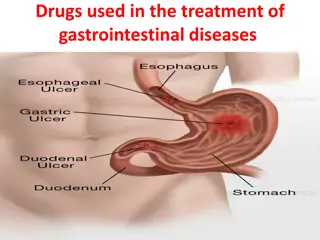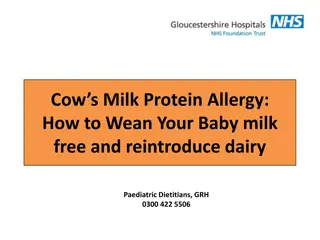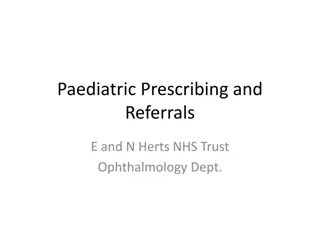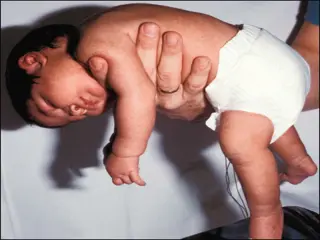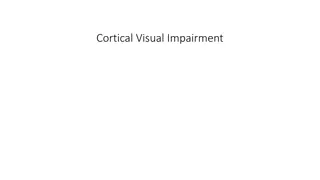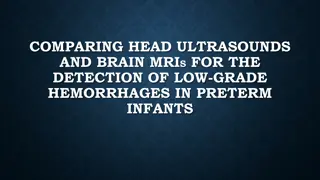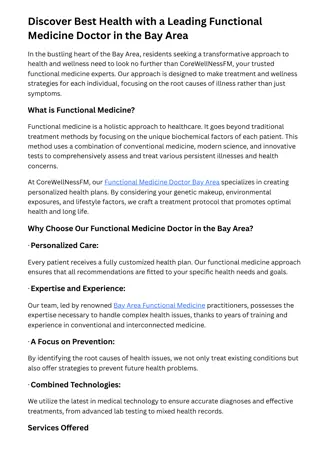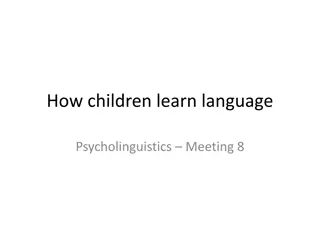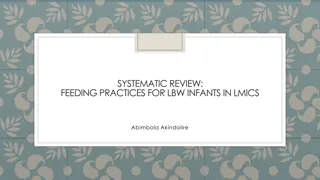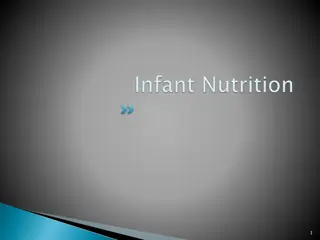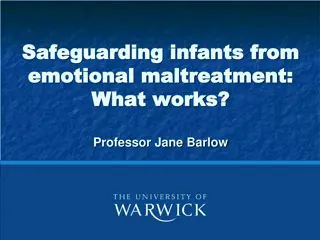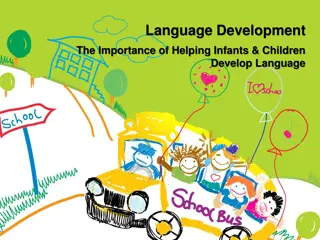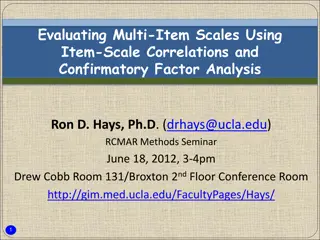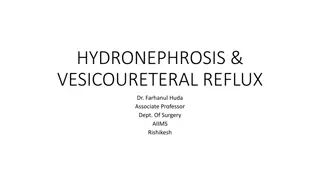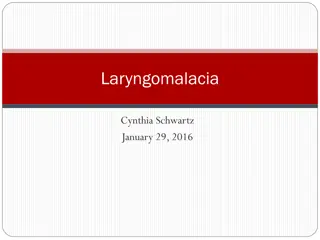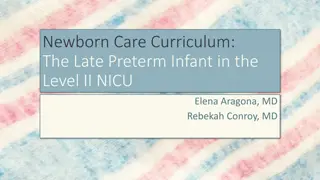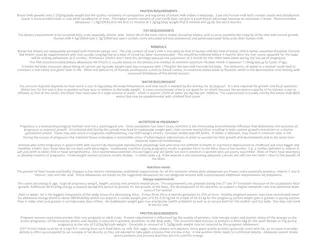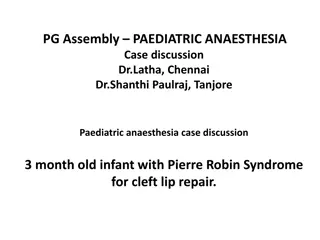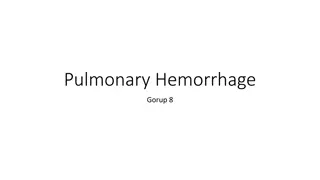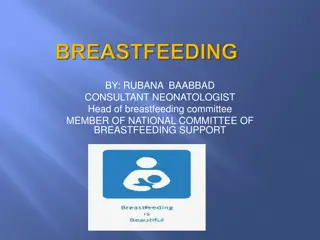Understanding Gastroesophageal Reflux in Children and Infants
Gastroesophageal reflux (GOR) and gastroesophageal reflux disease (GORD) are common issues in infants, often causing distress to parents. While most cases resolve by one year of age, some children are at higher risk due to various factors. It is important to watch for red flags and seek pediatric advice when needed. Management includes conservative approaches and monitoring for symptoms.
Download Presentation

Please find below an Image/Link to download the presentation.
The content on the website is provided AS IS for your information and personal use only. It may not be sold, licensed, or shared on other websites without obtaining consent from the author. Download presentation by click this link. If you encounter any issues during the download, it is possible that the publisher has removed the file from their server.
E N D
Presentation Transcript
Gastroesophageal reflux (GOR) and Gastroesophageal reflux disease (GORD) in children Dr C Macaulay Dr C Lemer Dr R Bhatt
Incidence Common (affects at least 40% of infants) Causes significant distress to parents Difficult to differentiate between GOR and GORD GORD refers to when this normal physiological process is severe enough to cause symptoms
Incidence Starts before age of 8 weeks Can be frequent episodes of regurgitation/vomitting WILL resolve with time In 90% of infants affected it resolves by 1 year of age Does not usually need investigation
Children at Risk Premature children Children with severe complex neurodisability Obesity Hiatus hernia Repaired oesophageal atresia or congenital diaphragmatic hernia
Red Flags For same/next day Paediatric advice from Paediatric consultant: Vomiting bilious bloodstained very forceful onset > 6m Respiratory symptoms Diarrhoea Blood in stool Lethargy Fever Abnormal abdominal examination Neuro/developmental problems e.g bulging fontanelle Dysuria High risk of atopy Evelina : Phone : 07557 159092 (11am- 7pm Mon- Fri) Evelina : Email: general.paediatrics@nhs.n et (answer within 24hrs on weekdays) KCH : Phone: 02032996613 (option 3), (8.30am midnight Mon- Fri, 8 30am - 8pm weekend) KCH : Email :via Choose and Book for a response within 24 hrs Mon- Fri.
Take a full history and examination including: Is it a term infant feeding difficulties feed aversion unsettled/crying poor weight gain Chronic cough History of otitis media Examination Does the child look well Are they developing normally Are there any dysmorphic features
Management Conservative management Reassure Ensure not overfeeding Non pharmaceutical factors Small, frequent feeds Keep upright after feeding Raise the head of the mattress (use rolled towel) and in the buggy) Medication not needed Health Visitor support
STEP 1 Ensure not overfeeding Small, frequent feeds. Keep upright after feeding This may be all that is needed Step 2 - Consider: If breast feeding: 1- 2week trial of alginate eg Gaviscon infant 1 sachet with each feed, max 6 sachets/day If bottle feeding: Formula thickener or alginate (as above) Step 3 4 week trial of ranitidine or PPI eg omeprazoleOR if suspect secondary to Cow s milk allergy: 2 week trial of hydrolysed infant formula (e.g nutramigen) or elemental infant formula (e.g neocate) OR elimination of dairy from maternal diet if breastfeeding These babies need referral to Paediatric allergist and dietician
Take home messages Reflux is common It will resolve Are there other diagnoses to consider? Little evidence for treatments Does not require investigation unless red flags If there is any doubt discuss with paediatrics
Resources https://www.nice.org.uk/guidance/ng1




